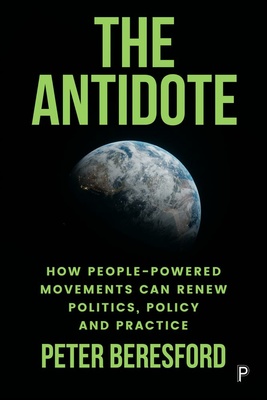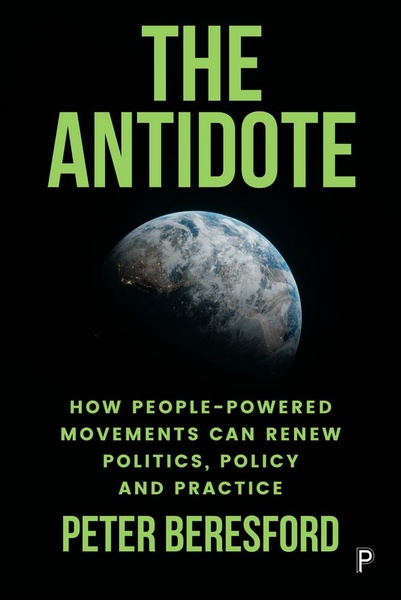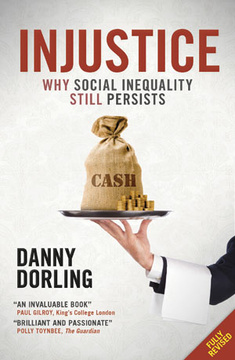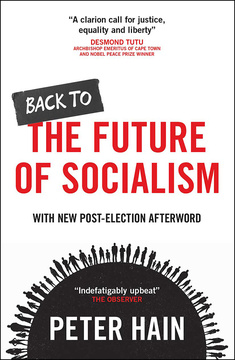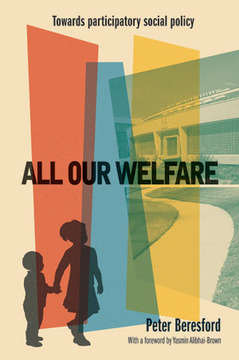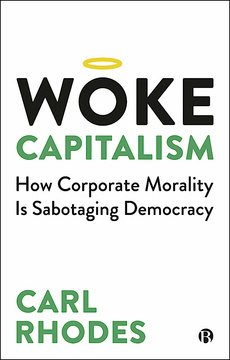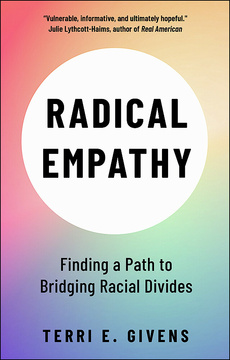The Antidote
How People-Powered Movements Can Renew Politics, Policy and Practice
By Peter Beresford
Published
May 1, 2025Page count
256 pagesISBN
978-1447375449Dimensions
234 x 156 mmImprint
Policy PressPublished
May 1, 2025Page count
256 pagesISBN
978-1447376477Dimensions
234 x 156 mmImprint
Policy PressPublished
May 1, 2025Page count
256 pagesISBN
978-1447375456Dimensions
234 x 156 mmImprint
Policy PressThe gap between personal and formal politics has been widening globally and locally. As personal politics have become more inclusive and egalitarian inspired by new social movements, neoliberal ideologies have undermined democracy, increasing isolation, inequality, poverty, disease and environmental threat. Yet this paradox may also offer a path to transformation.
Using international evidence and examples, The Antidote explores what we can learn from the equalisation of personal roles and relationships that’s been taking place, to help us reconnect with ourselves and each other and make possible more participatory and liberatory policy and politics. It sets out the barriers we face and offers a route map to bring an end to the destructive effects of unfettered neoliberal ideology, economics, policy and politics.
Peter Beresford OBE is Visiting Professor at the University of East Anglia, Co-Chair of Shaping Our Lives, the national disabled people’s organisation and has long term lived experience of welfare benefits and mental health services. He is also Emeritus Professor at Brunel University London the University of Essex and Honorary Professor at Edge Hill University.
He is a long-standing advocate of participation and empowerment as an activist, educator, researcher and writer. He has published over 30 books, and many chapters and journal articles, writing regularly for The Guardian and other mainstream and online media.
Introduction
Part One: Neoliberalism’s Destructive Agenda
1. Policing and a Very Neoliberal Murder
2. Ideological Damage: From the Personal to the Global
3. Fake News Politics
4. The Politics of Disconnection
5. Divide and Rule
6. Alienated Even from Ourselves
7. Betraying Intimacy
Part Two: New Routes for a Different Politics
8. Changing Our Approach to Making Change
9. Starting with Our Own Lives
10. What the New Social Movements Can Tell Us
11. A New Watchword: ‘Only Connect’ on Equal Terms
Part Three: Building a Politics of Inclusive Connection
12. What’s Wrong with the New Communication?
13. Towards Truly Inclusive Communication
14. Learning from What We Know
15. Education for Empowerment and Change
16. Working Together: Building Alliances, Including Everyone
17. Rethinking Solidarity: Extending Connection
18. Conclusion and Next Steps







